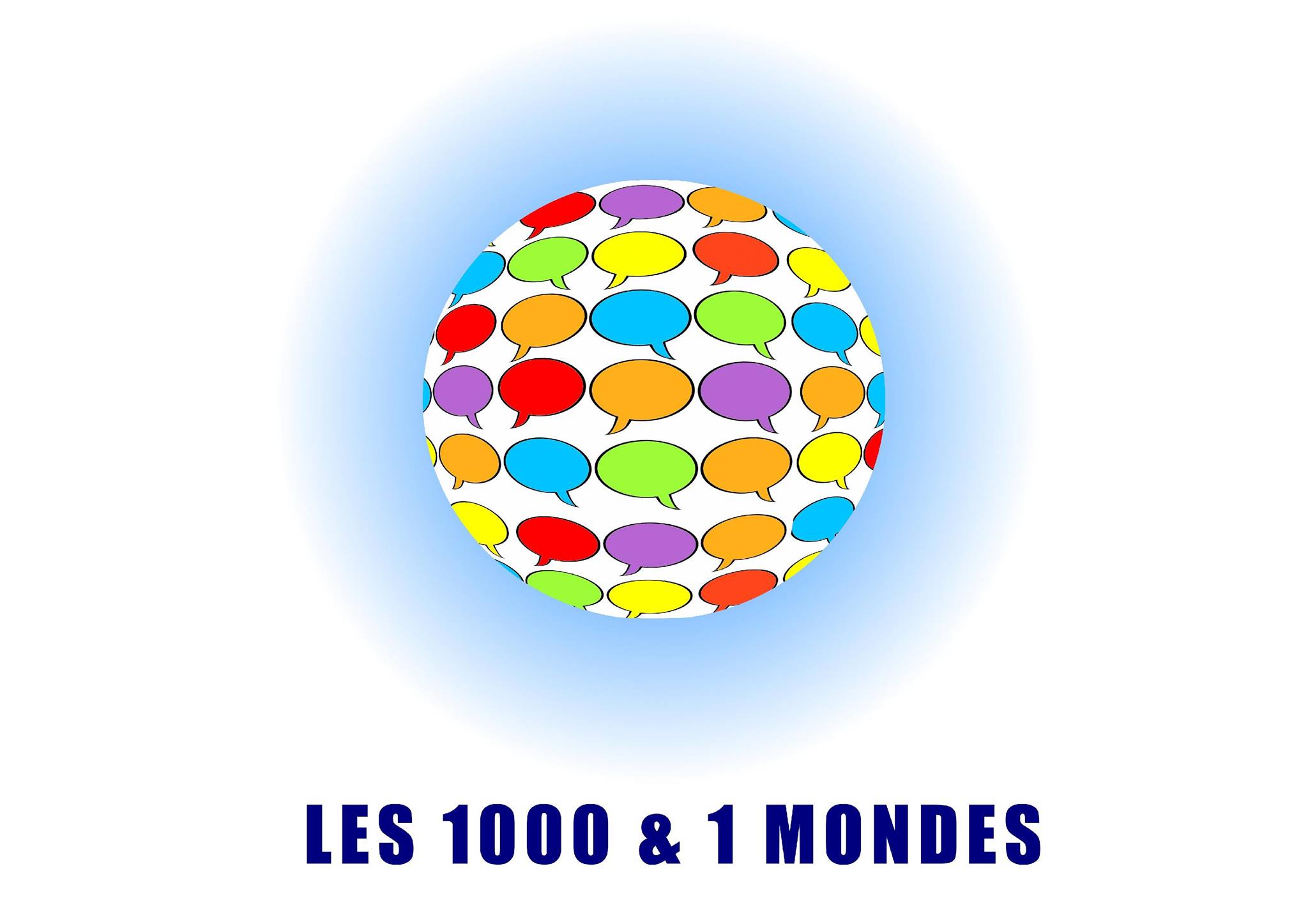build a resource place for Citizenship through Artistic Activities and Communication
This requires:
AN INTERNATIONAL NETWORK
Creating links between those who want to express their social and individual experience, their questions and their proposals, by developing and using tools for artistic expression and communication. Allowing people to meet and exchange ideas.
YOUNG LEADERS
Supporting and promoting leadership among young people who are part of this dynamic and its transmission to others. Creating a genuine partnership with them, to help them feel part of a network. Training and strengthening positive leaders. Looking for and experimenting tools with them.
COMMUNICATION
Bringing together, through different media, those in these 1001 worlds who wish to compare their tools for citizens’ expression and to help others to discover how they communicate their questions and messages to civil society.
TRAINING
Helping young people, using various tools of artistic expression which help link together resistance and resilience, and which help achieve interior peace and equilibrium and harmony with others. Looking for and experimenting with tools of expression and communication through comparison of practices.
SOLIDARITY
Seeking out those who do not have access to such ideas, tools and experiences in order to to offer them an opportunity for such experience.
Various situations provide obstacles to access such experiences:
personal or geographical isolation, necessary or forced institutionalization, the absence or restriction of rights, rootlessness.
INFORMATION
Informing people of our actions, spreading results in a creative and collaborative manner, developing through exchange and collecting of different cultural practices
3
THE CITIZENSHIP ISSUE
This issue is clearly relevant to our thinking and to the experiences we offer. It would be vain to attempt to summarize research devoted to this topic in philosophy, anthropology and sociology.
Neither do we wish to restrict our research-action to a single definition.
We understand this as an interactive and evolving phenomenon which, since the first statement of the concept in Ancient times, has developed with multiple facets.
In our daily lives, citizenship is manifested at multiple levels, from the level of individual life to the transnational level.
We suggest three questions to initiate debate and to foster mutual exchange and comparison:
Citizenship allows individuals
to have, or to build in the place where they live,
to be or to feel they are “from somewhere”
to be, or to feel, connected to a human group.
THE ISSUE OF VIOLENCE
We are aware that violence is present on a daily basis in multiple forms. It is also inside each of us and directed against ourselves as much as against others.
We suggest using and comparing tools which help us learn to evacuate all or part of our inner tensions, to find ways of expressing our frustrations, our emotions, our fears and our enthusiasm.
We support the idea that it is important to have time set aside to reconnect with oneself and also to disconnect from the image which we believe we give of ourselves to others, from the image of ourselves that we would like others to see, and from the image we have of ourselves.
Our anger might be justified, but it may also put us, or others, in difficulty.
THE ISSUE OF SUFFERING
Consciously achieving the experience of connecting body and mind allows us to counteract the suffering which may prevent us from moving forward. We can find tools to express suffering, to be heard and understood by ourselves and by others, and hence reduce such suffering.
